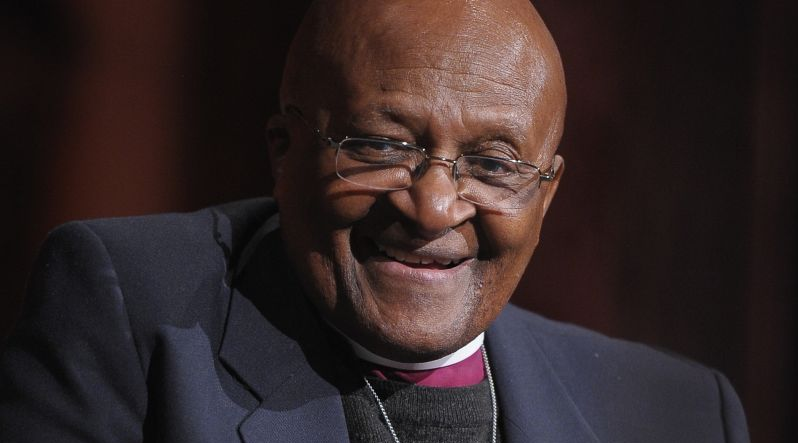
Archbishop Desmond Tutu
By María Josefina Arce
South Africa and the world are in mourning. South African Archbishop Emeritus Desmond Tutu, a key figure in the struggle against the unjust and segregationist apartheid system that officially prevailed in his native country from 1948 until the early 1990s, has died.
As a patriot without equal, a principled leader, a man of extraordinary intellect and integrity, South African President Cyril Ramaphosa described him as such when he announced the sad news.
Desmond Tutu, winner of the Nobel Peace Prize in 1984, worked for reconciliation and forgiveness in a society victim of a policy of racial segregation imposed by the white minority government against the majority black population.
From his various functions in the church he raised his voice to denounce the crimes of apartheid, which in Afrikaans means "separation".
And in fact almost the entire national territory, 87%, was reserved for whites; black citizens were relegated to ethnic reserves, while they could not go to the same schools, beaches and other places destined exclusively for the minority.
Three hundred and seventeen laws were passed to legalize racism and strip a large part of the South African population of their rights, which the first black Anglican archbishop always defended, and which earned him the respect and affection of his people, but also the admiration of the world.
"The voice of the voiceless" is how Nelson Mandela, another of the icons of the struggle against apartheid and the first black president of South Africa, described him when he won the 1994 elections.
Under his government, Mandela entrusted Tutu with the difficult task of chairing the Truth and Reconciliation Commission, a body charged with investigating the atrocities committed under the segregationist policy, avoiding any spirit of revenge.
Tutu coined the term "Rainbow Nation" to describe South Africa after the end of apartheid, a multi-ethnic and multicultural country.
He received numerous awards throughout his life, which he also dedicated to defending the rights of LGBT communities, calling for equal access to treatment for AIDS patients and denouncing discrimination against people living with HIV.
He was also one of the Nobel Laureates who in 2012 supported Argentina's claim to sovereignty over the Falkland Islands.
South Africa and the world mourn the death of an extraordinary man, with a broad smile and an affable face, who did not hesitate to distance himself on numerous occasions from the church hierarchy to defend human rights.

